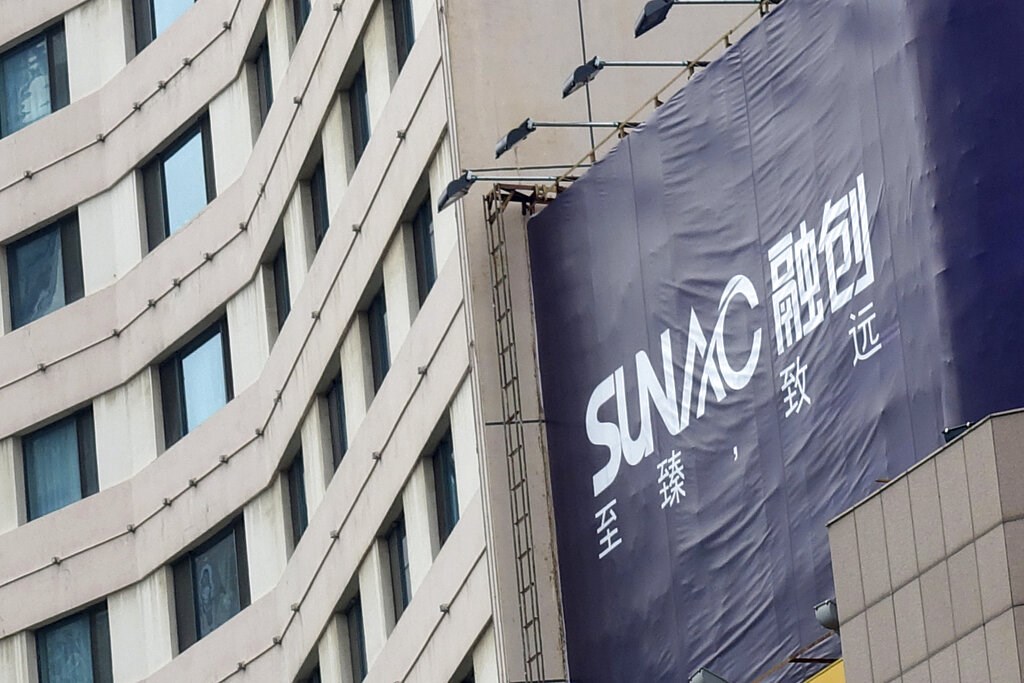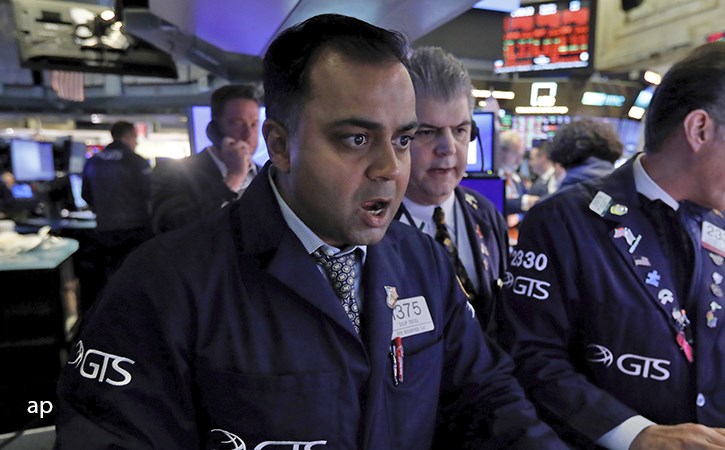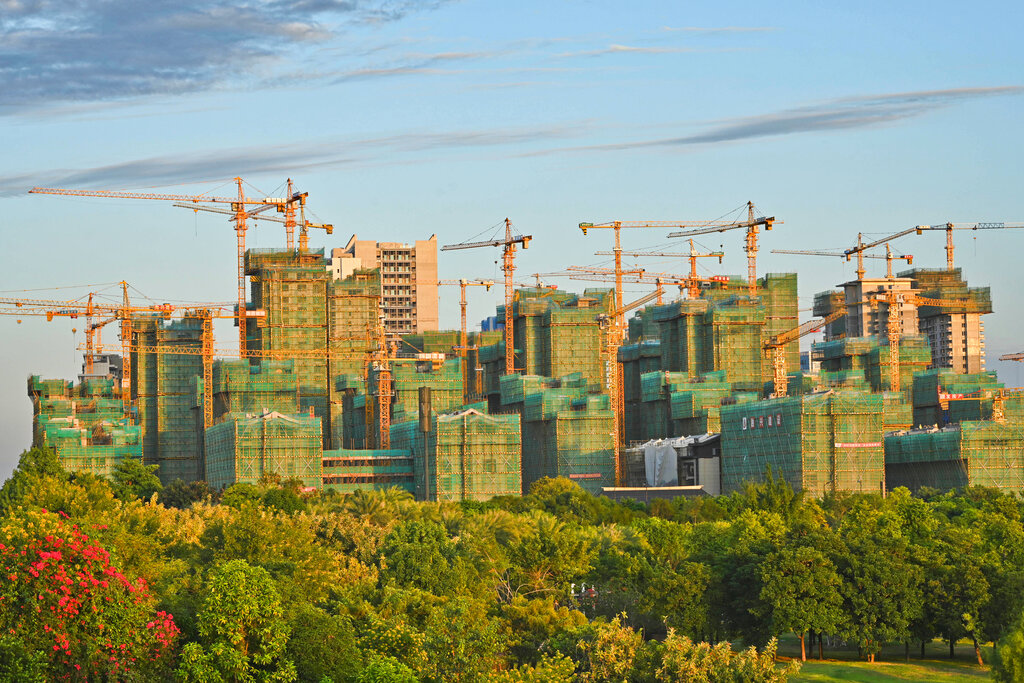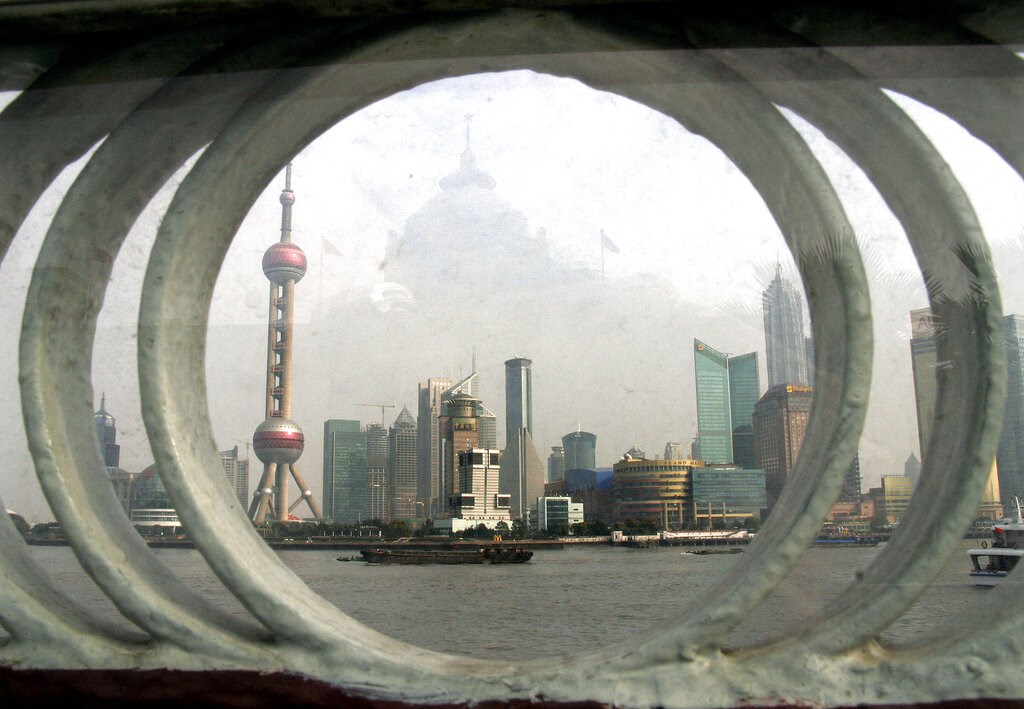Kate Lin: Welcome to Morningstar. Fears about China's property sector have not faded. After Evergrande and Kaisa, Sunac China is latest to make headlines over its failure to repay creditors. How will this impact your bond portfolio? And what are managers doing to brace for volatility? We have Patrick Ge manager research analyst at Morningstar with us today to discuss Asia high yield bond funds.
Hi, Patrick. How's the news about looming defaults, slower home sales and a liquidity crunch as a whole impact Asia high yield bond funds universe?
Patrick Ge: Well, Kate investors sentiment towards the Chinese real estate sector continues to be muted, as a number of Chinese developers defaulting on their dollar bonds continues to rise, the latest being Sunac, which failed to pay a near US$30 million coupon on an October 2023 bond by the end of last Wednesday, which was the last day of a 30 day grace period. And as you're well aware, the Chinese property bond market saw a massive sell off beginning in the middle of last year as a result of these financial troubles. With many of these bonds now trading at destress levels. In past years, Chinese property bond sell offs were often followed by a quick rebound in price. But this has not been the case this time around. None of the 54 Morningstar tracked Asian high yield bond funds had a positive return year-to-date through April 2022, and almost all were negative over the last year 2021.
Lin: Right. So with a continued flow of potential and actual default cases, what are managers under coverage saying about the market outlook?
Ge: Well, most Asian fixed income managers are echoing the same message, which is that they've had heard more policy easing measures and supportive narratives from Chinese authorities to support the housing market since late of last year. Now these include lowering mortgage lending rates and also allowing real estate firms easier access to their escrow funding, that is their pre-sale proceeds from residential projects. These are positive developments and may suggest that policy risks have bottomed. That said some managers do note that policy transmission to on the ground implementation could be delayed due to policy lag and the housing market could trough around the middle of this year before eventually undergoing a gradual L shaped recovery. Now most managers do believe that default risk is mostly priced in and current valuations suggest a near 88% default rate in the China high yield sector which most managers deem as being overstated and unrealistic. That said bond managers do continue to believe that near-term defaults are likely to persist, especially the weaker capitalised developers that have little access to onshore funding channels.
Lin: So, based on their observations, what are managers doing to handle a changing dynamic of the market?
Ge: Broadly speaking, we have seen Asian high yield bond managers derisk their portfolios by reducing exposure to Chinese high yield developers, since late of 2021. Several managers now bucket developers into 1) survivors and 2) non-survivors investing in the former, which are those companies with strong fundamentals to survive the current downturn or even gain market share, given their better liquidity access and onshore financing. We've also seen some managers move up the credit spectrum and rotate out of some of the smaller B-rated developers for larger BB-rated developers. Now, while all eyes are on Chinese property, it's also important to note that the sector makes up only 15% of the Asian high yield bond market as of the end of March of 2022, compared to 40% prior to the crisis. And the drop off is mainly due to a combination of lower bond supply and defaulted bonds falling out of the indices. As a result, China real estate's importance in Asian credit universe is shrinking. And we've seen some managers start to diversify away from the sector and finding opportunities in other high yield sectors such as India renewable companies, which they see will continue to benefit from the growing ESG focus from investors globally.
Lin: Right. Thank you so much for your time, Patrick. For Morningstar I'm Kate Lin.












.png)



.jpg)





